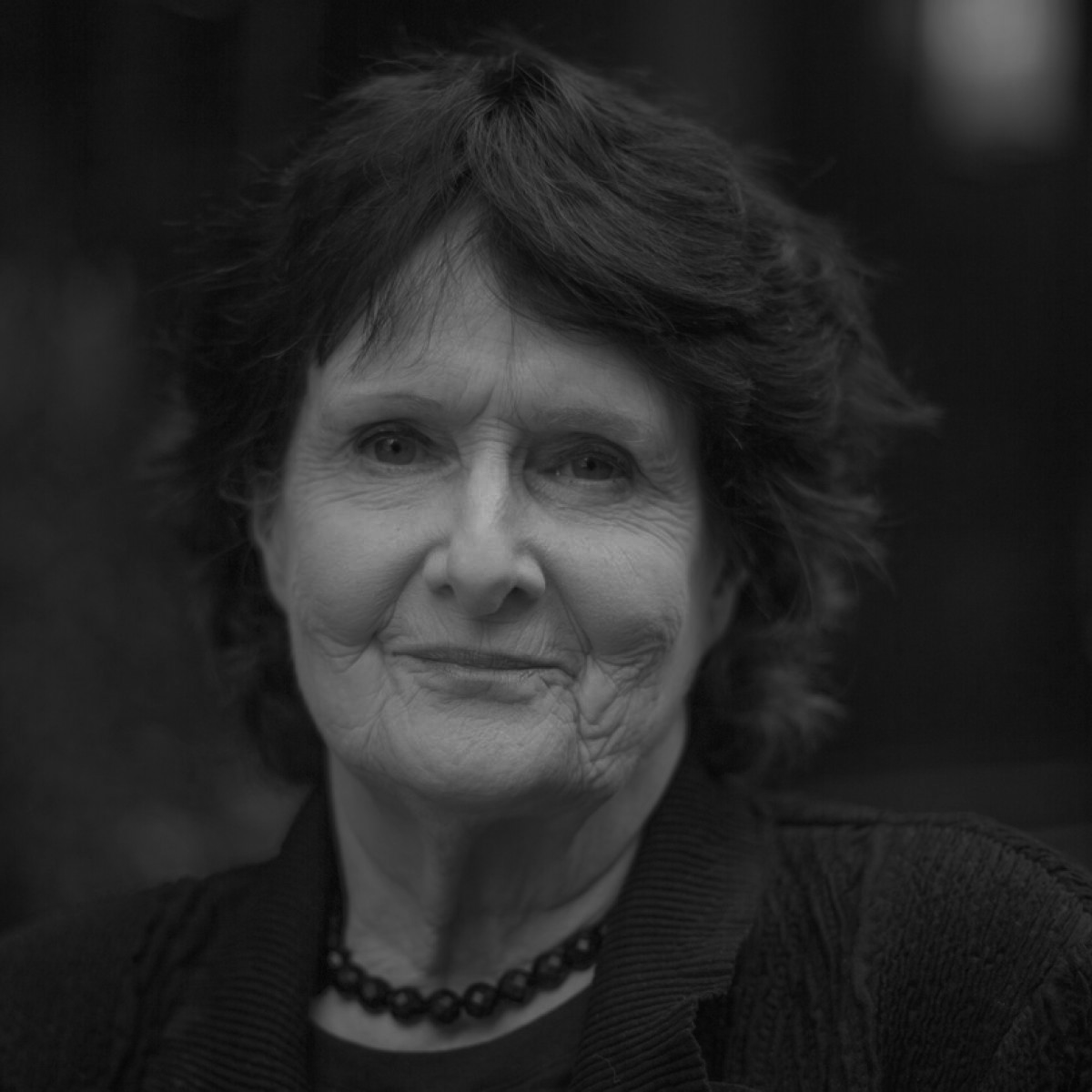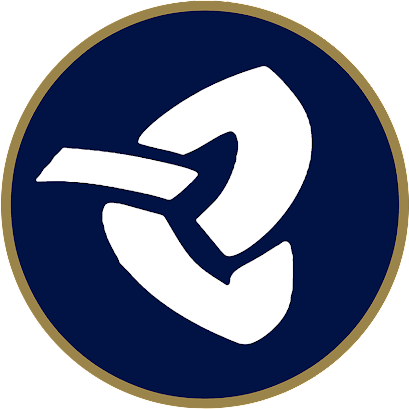
First Mandatory Task (of Three)
Your initial task: read the poem: Eavan Boland’s “The Journey,” which first appeared in 1986. As you study the work, pay particular attention to the explanatory footnotes. Your instructor created them, highlighting in yellow words and phrases of significance. In “The Journey,” an unidentified, third-person speaker — a woman and mother in her modern suburban home — experiences a vision of Sappho, the Archaic Greek poet, from the island of Lesbos. A critically important early female author, Sappho guides the speaker to a dim and disturbing underworld in which women from the past attempt to comfort their infants, who suffer from such diseases as cholera, a bacterial infection, and croup, a viral infection.
You can access Eavan Boland’s “The Journey” (1986) as a printable PDF by clicking the icon above. Alternatively, you can read it by clicking here.
Second Mandatory Task (of Three)
Your second task: complete and submit — via Folio, before the deadline — the single Write Now (i.e. written homework) exercise about the focal literary text. Refer to your syllabus and/or the course Folio page to check the submission deadline. No late work is accepted.
Due to your instructor’s “second job” as director of the university’s Center for Irish Research and Teaching, he has been challenged to create a Write Now exercise to accompany Boland’s poem, “The Journey.” He has determined not to include such an exercise on this occasion, but he will award each student full points nonetheless.
Please be very mindful of the following statements, which appear on the course syllabus.
Do your own work. Students may not collaborate on the production of responses to Write Now quizzes (i.e. homework exercises). When grading, we pay close attention to similarities between submissions. A student found to have copied or otherwise relied on another student’s work (on even one occasion) — or found to have committed plagiarism — will receive an “F” for the entire course and, in addition, will be reported to the University for a hearing that may result in suspension or expulsion from GS.
Third Mandatory Task (of Three)
Your third task: study the instructional content. In order to render the lectures as clear as possible, your instructor has captured their essential material in written form, presented immediately below as a PDF: Written Account of Boland Material. Consider this document your primary resource when studying the focal text. Terms that have particular importance appear in highlighted form.
EXAM WORDS
Some Exam Words Can Be Found in the Written Account of the Boland Material
The Remaining Exam Words Can be Found in the Footnotes that Accompany the Literary Text
When preparing for your exam about this work of literature, ensure that you are fully up to speed with the following data (all of which receive explanation in the written account OR the footnotes to the literary text):
EXAM WORDS FROM THE LECTURE NOTES ••• quatrain = four-line stanza ••• Frances Josephine Kelly ••• In Her Own Image; Night Feed ••• Object Lessons; A Journey with Two Maps ••• Stanford University ••• Sylvia Plath (nature poems); Gwendolyn Brooks (urban poems) ••• Speranza; Oscar Wilde ••• “woman as Ireland” problem; Ériu; hagiography; Sean-Bhean Bhocht ••• “devalued subject matter” •• Aphrodite = Venus (goddess of love) ••• visio = allegorical dream vision ••• Chaucer’s Parliament of Fowls; Cicero’s Somnium Scipionis; Scipio Africanus the Elder ••• tercel; formel ••• Dante’s Inferno; guide = Virgil ••• nine circles of Hell ••• Book VI of Virgil’s Aeneid; guide = Cumaean Sybil ••• underworld = Dis ••• Elysium ••• Anchises ••• “Of arms and the man I sing”
EXAM WORDS FROM THE FOOTNOTES TO THE LITERARY TEXT ••• in medias res ••• ode = lyric praise poem; Shelley’s “Ode to the West Wind” ••• Laurence Binyon’s “For the Fallen” ••• sloe = blackthorn (white flowers) ••• hawthorn; fairies; bad luck ••• Arctic tern (“sea swallow”) = longest migration; most sunlight; aggressive defense of eggs ••• sulpha: synthetic antibiotic; used today to treat malaria, urinary tract infections, burns ••• female continuum ••• Sappho’s Ode to Aphrodite (Sappho Fragment 1) ••• Lesbos ••• Sapphic stanza ••• poplar wood: back for stringed instruments ••• Virginia Woolf’s A Room of One’s Own (necessities: a room; money) ••• polysyndeton ••• scholiast ••• “lovely-voiced nightingale” ••• housing estate ••• croup (viral); diphtheria (bacterial) ••• pietà: Virgin Mary lamenting over Christ’s dead body ••• brisk (verb) ••• episteme (noun) ••• caul: fatty membrane that covers a fetus ••• phallogocentric ••• River Acheron; Charon ••• “Jesus wept”; Lazarus







